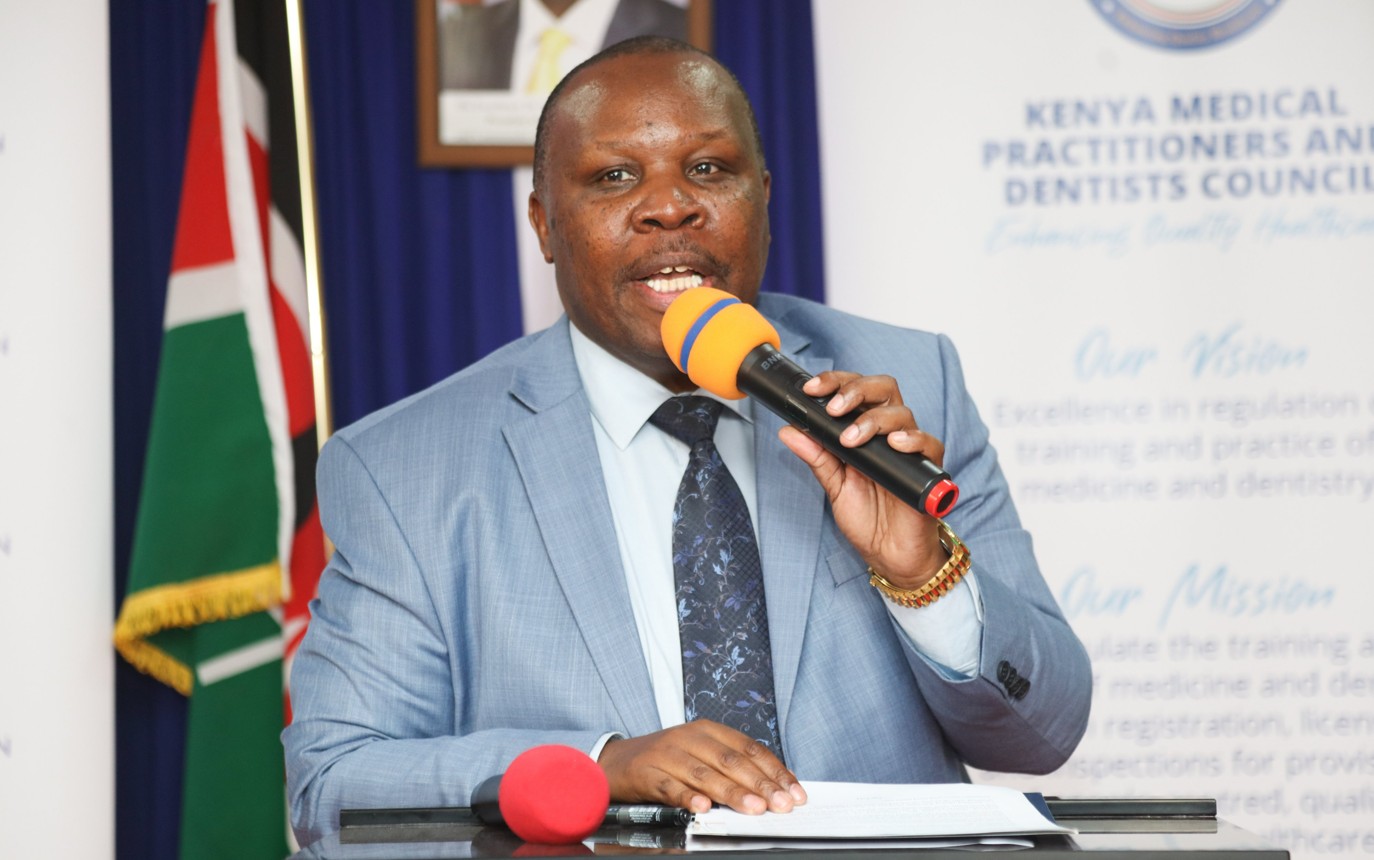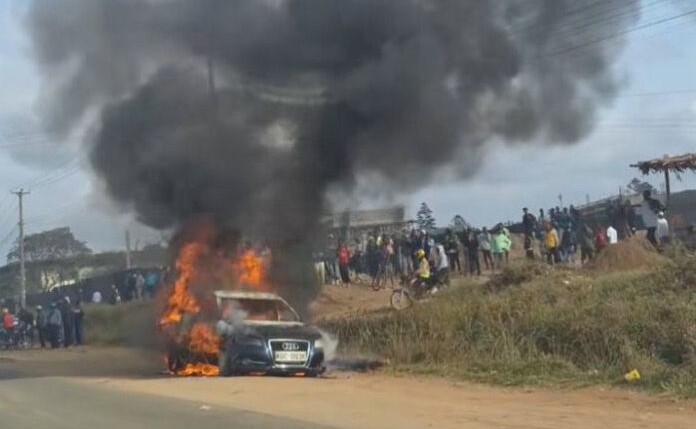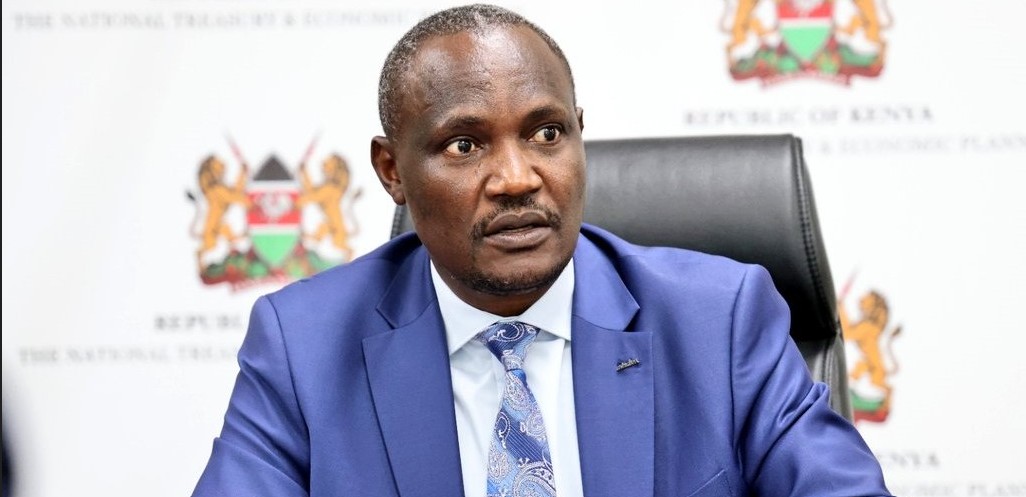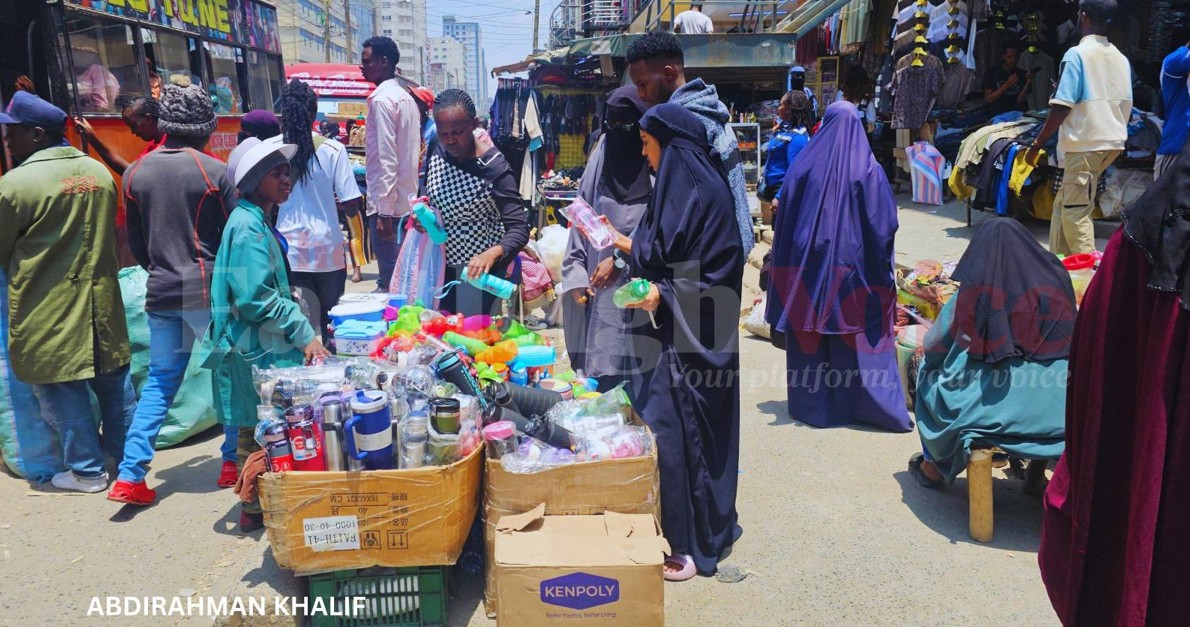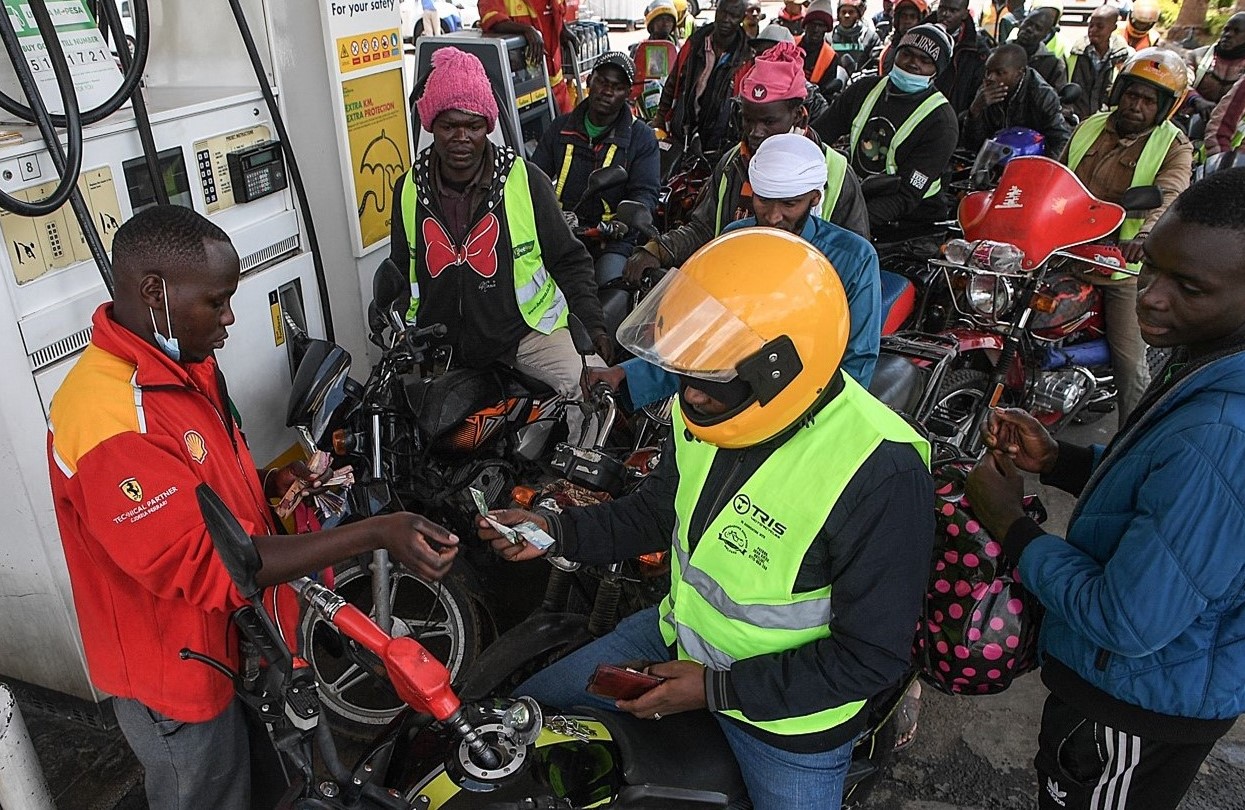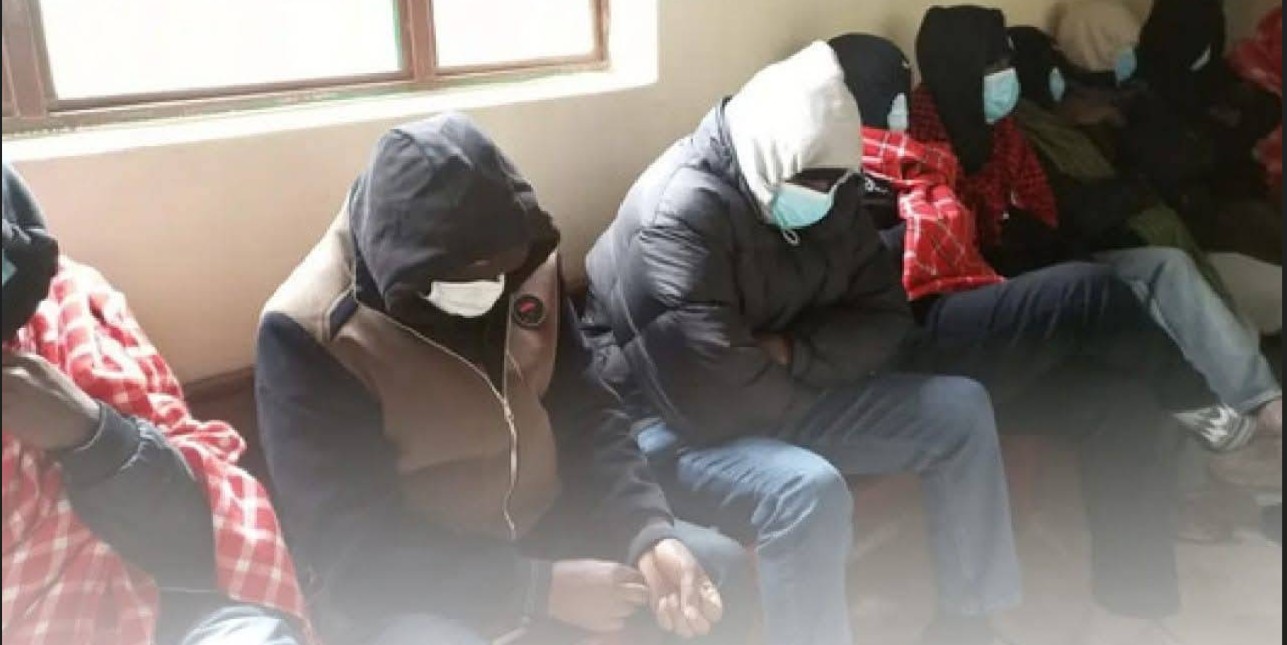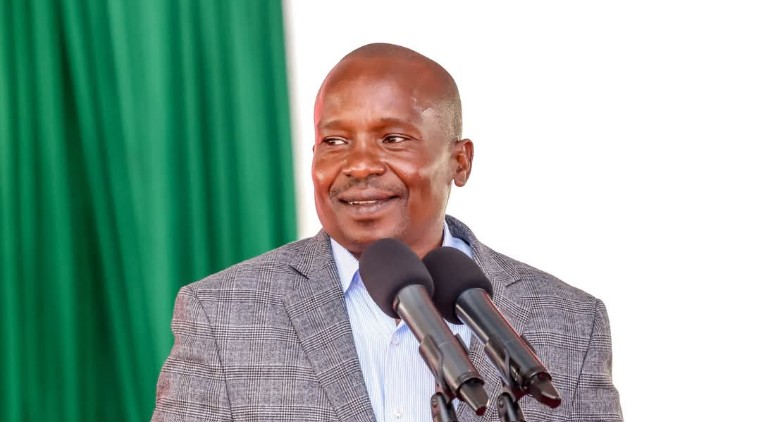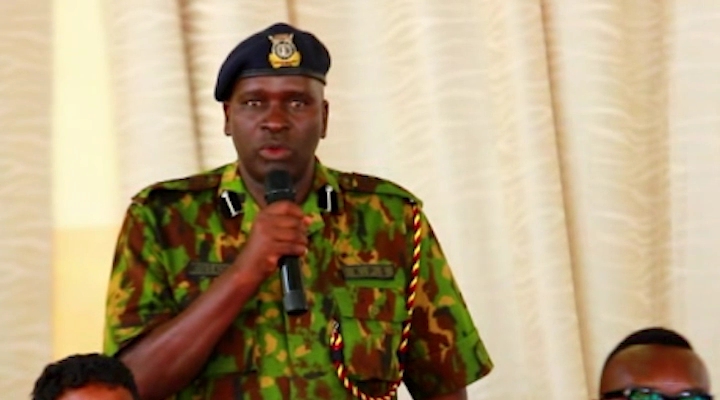East African Court of Justice faults Kenya’s Supreme Court for breaches in Sonko’s impeachment trial

In its ruling, the EACJ expressed concerns over the fairness of the impeachment process and the adherence to the rule of law.
Kenya’s Supreme Court has been put on the spot by the East African Court of Justice (EACJ) for procedural violations in the impeachment case of former Nairobi Governor Mike Mbuvi Sonko.
In its ruling dated November 29, 2024, the EACJ expressed concerns over the fairness of the impeachment process and the adherence to the rule of law.
More To Read
- Former Governor Mike Sonko challenges Harambee Stars’ CHAN loss to Madagascar in court
- Former Nairobi Finance CEC tells court State House plotted to oust Sonko over anti-graft stance
- Court told JamboPay's director allegedly offered Sonko Sh4-5 million daily bribe for revenue tender
- Sonko ordered to defend himself over graft charges in court
- Mike Sonko’s acquittal overturned, retrial ordered in Sh357m graft case
- Court acquits ex-Nairobi governor Mike Sonko in Sh357 million graft case
The regional court found merit in Sonko’s claim that his constitutional right to a fair trial had been violated during the impeachment proceedings.
It pointed to potential breaches of Article 25 of the Kenyan Constitution, which guarantees the right to a fair trial, and Articles 6 and 7 of the East African Community (EAC) Treaty, which advocate for good governance, the rule of law, and justice among member states.
Although the EACJ did not overturn the Supreme Court’s decision, it criticised the procedural flaws that called into question the credibility of Sonko’s impeachment.
The court specifically noted that the lifetime ban on Sonko holding public office caused irreparable harm to his political career and reputation. It stressed that such a penalty required an indisputable demonstration of fairness and transparency throughout the impeachment process.
“The Applicant has also demonstrated that he would suffer irreparable harm if the orders sought are not granted. The Supreme Court's decision to bar him for life from participating in political activities has profound and far-reaching consequences. Such harm cannot be adequately remedied by damages or any other form of post-facto relief. The impact on his political rights, reputation, and capacity to engage in public service underscores the irreparable nature of the harm he faces,” reads the ruling.
The EACJ also acknowledged the evidence presented by Sonko’s legal team, which included allegations of procedural violations during the Supreme Court proceedings. The court agreed that these claims were substantial, stressing the importance of addressing such issues to maintain justice in the region.
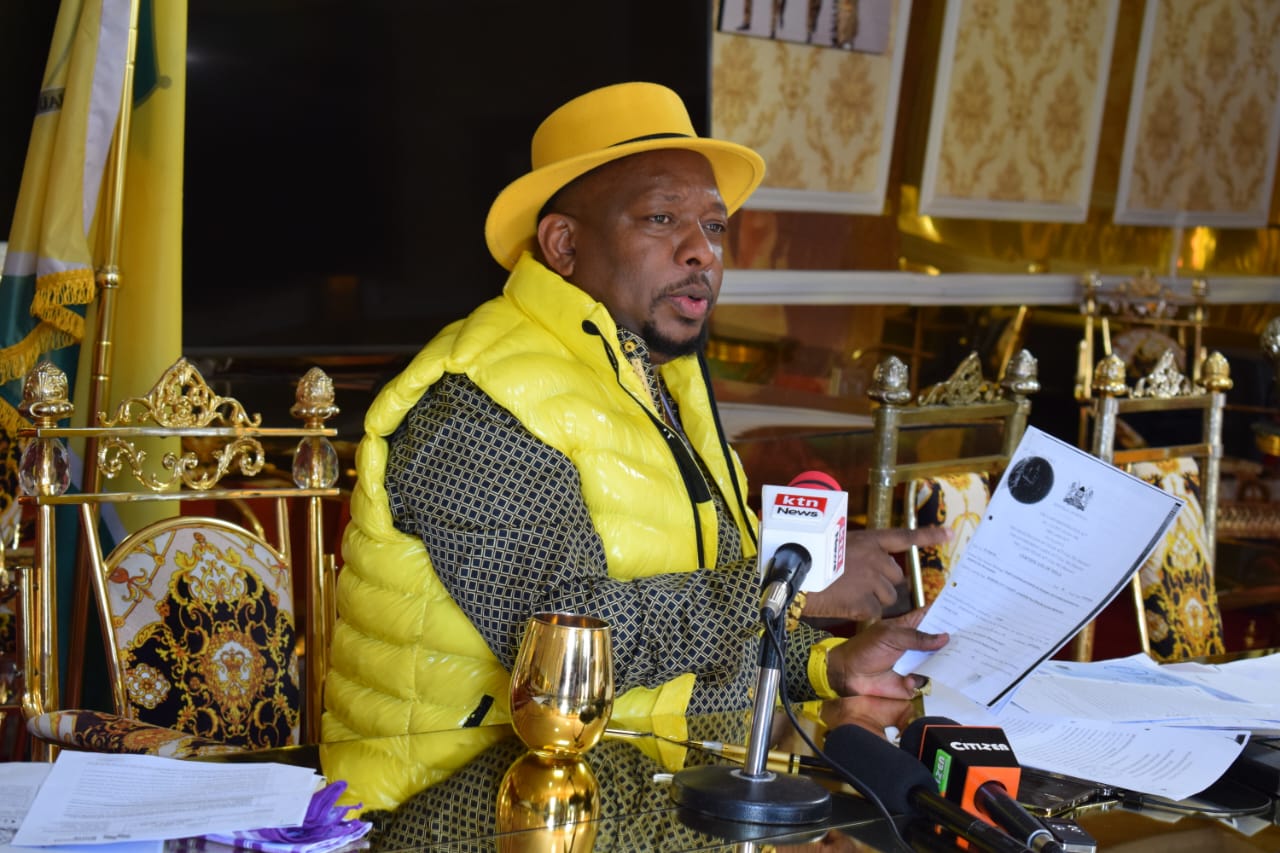 Former Nairobi governor Mike Sonko addressing journalists at his Upper Hill office in Nairobi on October 24, 2024. (Photo: Maureen Kinyanjui)
Former Nairobi governor Mike Sonko addressing journalists at his Upper Hill office in Nairobi on October 24, 2024. (Photo: Maureen Kinyanjui)
“The Applicant has established that there is a cause of action that depicts substance and reality. His allegations of procedural irregularities and denial of a fair trial are substantiated by evidence, including admissions by the Supreme Court of Kenya of its procedural errors. The Applicant has demonstrated that the Supreme Court could have failed to adhere to its own procedural rules, which if proved, would be in violation of Article 25 of the Constitution of Kenya and Articles 6 and 7 of the Treaty. This Court recognises that the questions raised in the Reference are serious and merit a full hearing on their substance,” reads the ruling.
Procedural violations
Sonko’s legal team had presented evidence of procedural violations, including allegations that the Supreme Court proceedings were flawed.
The court ruled that the Supreme Court, as a state organ, was bound by the obligations under the East African Community Treaty and must act in good faith to uphold these principles.
"Every treaty in force is binding upon the parties to it and must be performed by them in good faith. These principles affirm that the SCOK as an organ of the State which is represented by the Respondent in the instant case, is bound by the Partner State's obligations under the Treaty and must act in good faith to uphold them. Ultimately, the Court has jurisdiction to assess a Partner State's actions to determine compliance, including state organs such as the SCOK,” reads the ruling.
The EACJ also granted Sonko permission to amend and serve a revised reference, incorporating new evidence from the Kenyan Supreme Court proceedings, in order to allow for a more detailed examination of the case.
The ruling by the EACJ highlights the crucial role of regional courts in holding national judicial systems accountable to both constitutional provisions and international treaty obligations. By pointing out the procedural flaws, the court has called for strict adherence to due process, particularly in cases with major political and legal ramifications.
Although the Supreme Court’s ruling stands, the EACJ’s findings offer a strong rebuke of the impeachment process, reaffirming the principle of procedural fairness within the East African Community.
Sonko was removed as Nairobi Governor on November 26, 2020, and subsequently filed multiple petitions in the High Court to challenge his dismissal.
However, the petitions were rejected, and the case was eventually escalated to the Supreme Court. Sonko later took the matter to the East African Court of Justice, arguing that the Supreme Court’s final ruling effectively barred him from participating in future elections and holding public office.
He contended that the Supreme Court proceedings violated the rule of law, natural justice, and the principles of transparency and accountability. Additionally, Sonko claimed that Chief Justice Martha Koome had publicly expressed opinions on his case before the final decision, which he argued compromised the impartiality of the process.
He stated that such actions violated Articles 6(d) and 7(2) of the Treaty for the Establishment of the East African Community.
Top Stories Today
